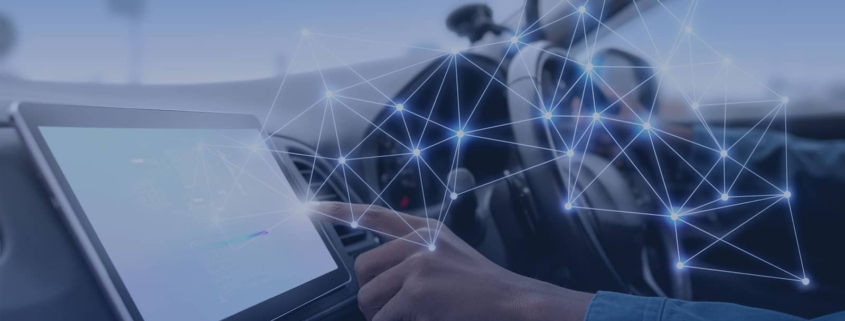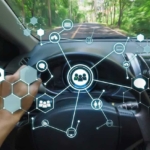The four companies that ‘will control’ all cars with the DGT
Road accidents are reduced to zero, the Directorate General of Traffic (DGT) moves towards perfecting the DGT 3.0 platform. From now on it will do so with the support of four leading companies, including one of the largest telecommunications companies in Europe.
Once fully developed (in theory, by 2026), this tool will permanently connect to the road users with Traffic. The DGT will instantly know everything about any vehicle: where it is travelling or when it stops, and if this is because of a traffic jam or an accident
And always anonymously, as clarified by the body directed by Pere Navarro. The data will arrive by means of mobile phones, navigation systems and and new V-16 lights, which are mandatory as of 1 January 2026. In turn, the DGT 3.0 will offer motorists real-time traffic information to achieve safer and more intelligent mobility.
Implementing DGT 3.0
The temporary joint venture made up of Vodafone, PONS Mobility, Kapsch TrafficCom and Inspide has been awarded the service contract for technical support over the next four years. This consortium must plan, analyse, design and implement the new use cases and maintain this mobility ecosystem.
It will also be responsible for knowing about the connected vehicle services being carried out on the market and for ensuring that the legal system in force is observed. The guarantee of anonymity, for example.
The central point of DGT 3.0, created in 2017, is the National Access Point Traffic and Mobility. This cloud is fed with information generated by the DGT itself and the data that reach users. It comes from both computers inside cars as well as mobile phones, with companies such as TomTom, Here, Waze, Comobity and Coyote as intermediaries.
As the first practical example of the project, these data are turned into an interactive map that reflects the traffic in real time, with information on radars, traffic jams, accidents and other instant warnings.
Lots of traffic data
The platform manages lots of data data and this will gradually increase, hence the need for a telecommunications company. A SIM card is very often the key to connections.
In March, Vodafone released the STEP Platform, designed to connect drivers to the road authorities and to each other, as well as to road operators, towns and authorities in Europe.



